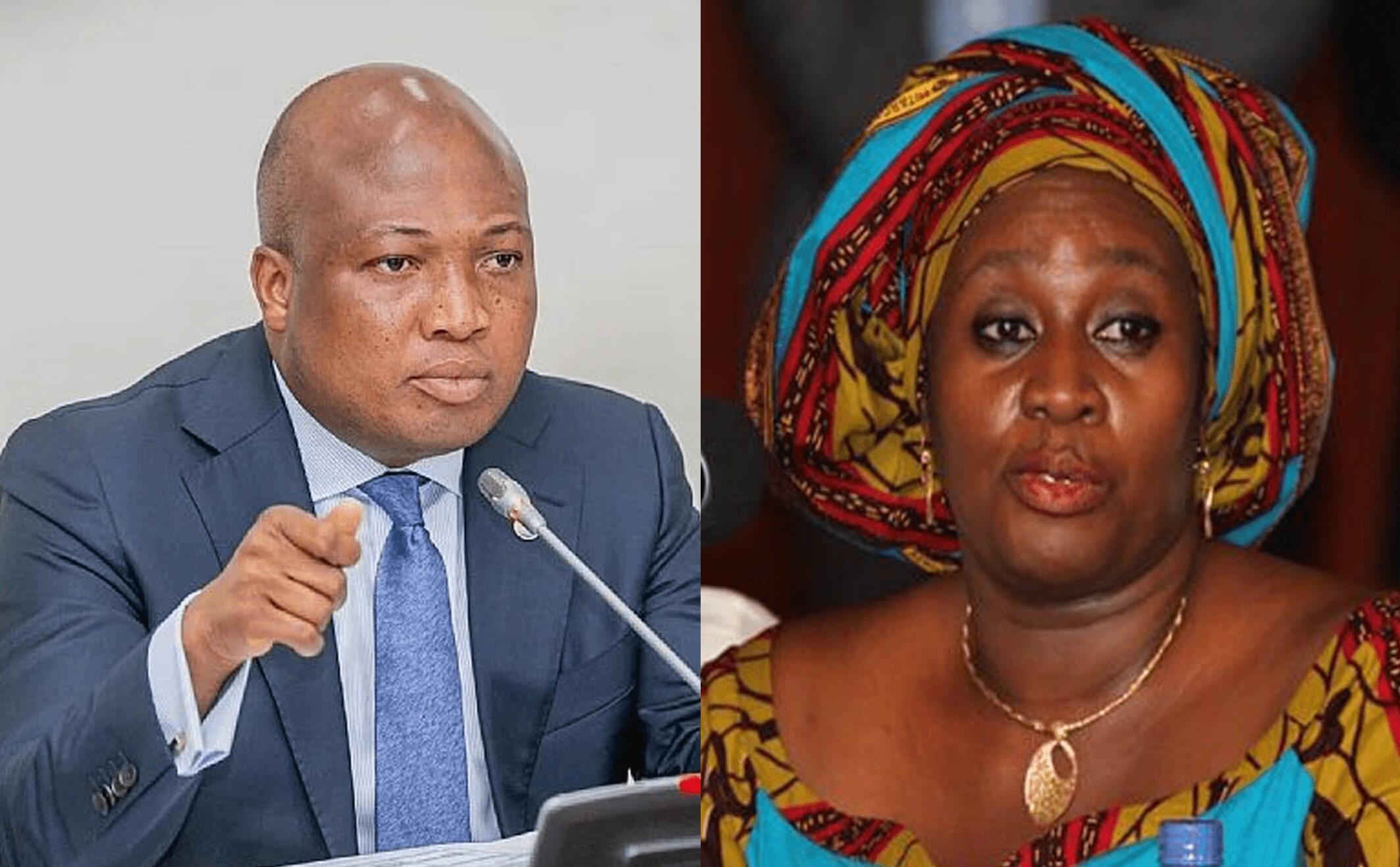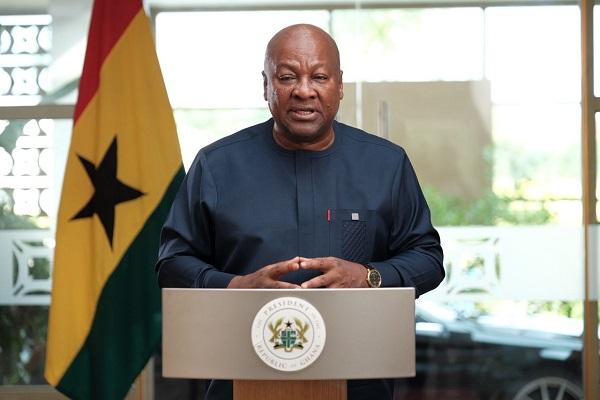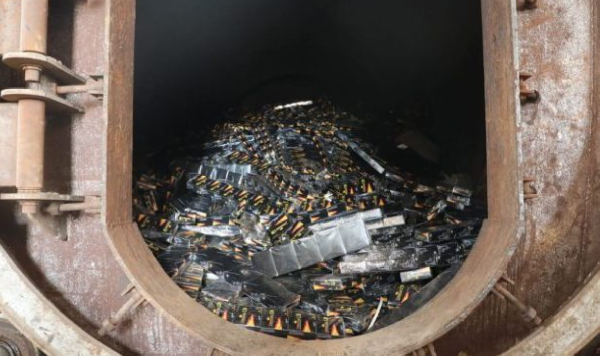The Journalists for Responsible Fisheries and Environment (JRFE) is urging the Ministry of Fisheries and Aquaculture Development (MoFAD) to rethink its decision to exempt artisanal fishers from the closed fishing season set for 2025. This group, renowned for its dedication to sustainable fishing and marine conservation, believes the exemption could harm Ghana’s ongoing efforts to restore its fish stocks.
According to a statement released last Tuesday and signed by Executive Director Kingsley Nana Buadu, the JRFE argues that the exemption contradicts Ghana’s fisheries management plan, potentially undoing years of progress in marine ecosystem recovery.
Introduced in 2016 as a conservation measure, the closed fishing season has earned significant compliance among artisanal fishers thanks to years of education and engagement. The JRFE has called on President John Dramani Mahama to step in, insisting that presidential leadership is crucial to safeguarding the nation’s fisheries management framework.
Initially instituted in response to alarming overfishing trends, the closed season saw initial resistance from artisanal fishers. However, following extensive dialogue, they were brought on board officially in 2019. The recent decision to exempt them is particularly concerning for stakeholders who have observed improved compliance and cooperation in this sector.
The JRFE emphasizes that now is not the time to undo hard-won progress and warns that the ministry’s decision risks undermining public confidence in the policy. They caution that exempting these fishers could set a damaging precedent, affecting national and regional anti-overfishing efforts.
Furthermore, the group stressed that the 2022-2026 fisheries management plan explicitly requires all fishing fleets, including artisanal fishers, to adhere to the annual closed season. Exempting them could worsen the ongoing overfishing crisis, impacting food security, economic livelihoods, and biodiversity.
Ghana has been recognized as a leader in fisheries management across West Africa, with neighboring countries replicating its policies. The JRFE fears this new development could tarnish that reputation. They urge MoFAD and the Fisheries Commission to focus instead on strengthening law enforcement, ensuring proper registration and licensing of canoes, maintaining the ban on new canoe construction, taking firm action against illegal fishing, and promoting environmentally friendly fishing nets.
Citing Section 42 of the Fisheries Act (Act 625), the JRFE reminds the ministry that policy decisions in the fisheries sector should be driven by scientific evidence, not administrative convenience.
Source: https://www.graphic.com.













